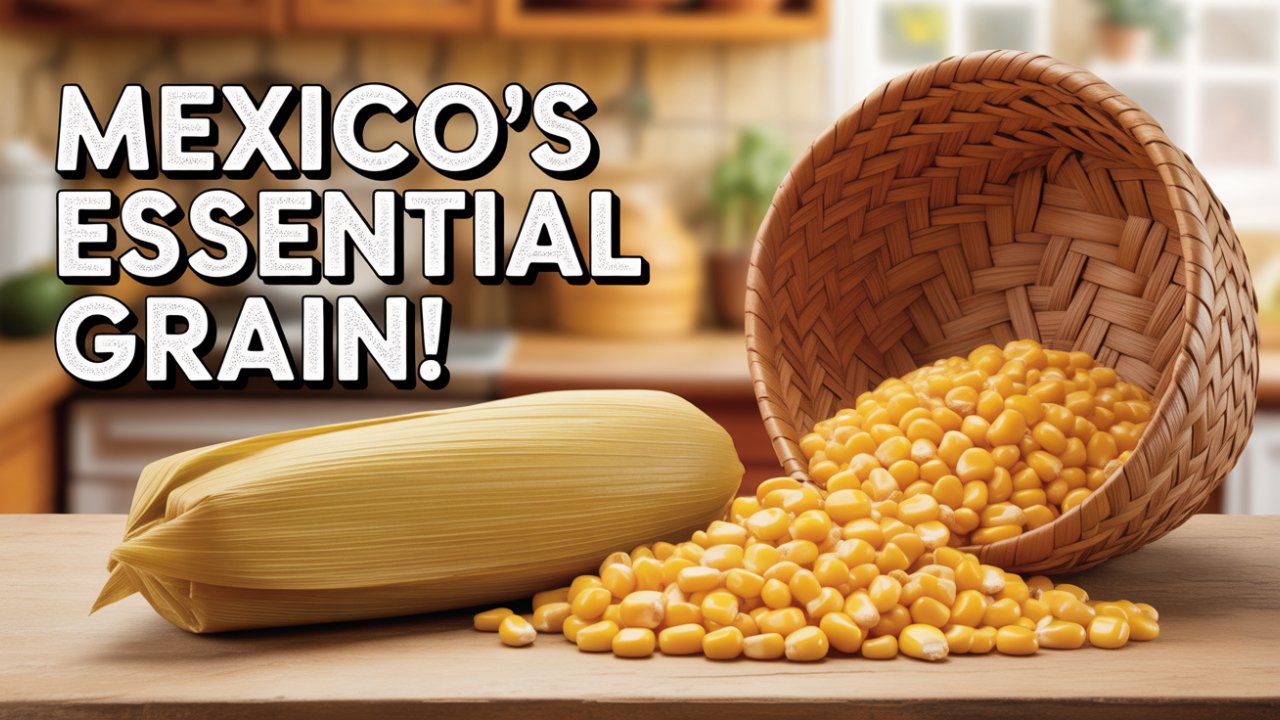Corn, or maize, holds a revered place in Mexican culture and cuisine, serving as a staple ingredient that has been cultivated and celebrated for thousands of years. From the ancient civilizations of the Maya and Aztecs to modern-day Mexican kitchens, corn plays a central role in shaping the country’s culinary identity.
At the heart of this cultural significance lies tortillas, but the influence of corn extends far beyond this ubiquitous flatbread, permeating every aspect of Mexican cuisine. Today, we at Eddie’s Mexican Restaurant would like to shine the spotlight on corn and how it influences Mexican cuisine.
What Do Tortillas Represent in Mexican Culture?
Tortillas, the cornerstone of Mexican cuisine, are a testament to the ingenuity and resourcefulness of the Mesoamerican people who first cultivated corn. Made from masa harina, a dough derived from dried corn kernels, tortillas are a versatile canvas for a wide range of flavors and ingredients.
Whether served fresh off the comal with a sprinkle of salt or used to wrap savory fillings in tacos, enchiladas, or quesadillas, tortillas are a culinary workhorse that forms the foundation of countless dishes.
Corn in Mexican Cuisine
Beyond tortillas, corn takes on many other forms in Mexican cuisine, each offering a unique expression of flavor and texture.
Popular Corn-Based Dishes
- Tamales: Steamed pockets of masa filled with savory or sweet fillings, wrapped in corn husks or banana leaves.
- Dating back to pre-Columbian times
- A symbol of celebration and community
- Often prepared for weddings, festivals, and religious holidays
- Elote (Mexican Street Corn): A popular snack sold by street vendors across the country.
- Grilled or boiled ears of corn
- Slathered with mayonnaise
- Sprinkled with chili powder and cotija cheese
- Finished with a squeeze of lime juice
- A combination of bold and vibrant flavors
The Role of Masa
Corn also plays a crucial role in the production of masa, the dough used to make various traditional dishes such as:
- Tamales
- Sopes
- Gorditas
To make masa, dried corn kernels are cooked in an alkaline solution—a process known as nixtamalization—which:
- Softens the kernels
- Enhances nutritional value
- Results in a smooth, pliable dough
This process is essential to achieving the texture and flavor needed for many beloved Mexican dishes.
Cultural Significance of Corn
Corn serves as a symbol of cultural heritage and identity, deeply rooted in the traditions and rituals of indigenous communities throughout Mexico. It represents:
- Sustenance
- Fertility
- Ancestral wisdom
Symbolism in Tradition
From the sacred rituals of corn cultivation to the colorful celebrations of Dia de los Muertos, corn is woven into the fabric of Mexican life. Its cultural symbolism extends far beyond the kitchen, playing a vital role in:
- Indigenous spiritual ceremonies
- Seasonal festivals
- Folklore and storytelling
Authentic Mexican Cuisine in Las Vegas, Nevada
The culture of corn transcends its role as a mere ingredient in Mexican cuisine. It is a symbol of:
- Resilience
- Creativity
- Cultural pride
From the humble tortilla to the elaborate tamales, corn is a thread that binds together the diverse tapestry of flavors, traditions, and stories that make Mexican cuisine so rich and captivating.
Visit Eddie’s Mexican Restaurant
If you are having a craving for Mexican food in the Las Vegas Valley, dine with Eddie’s Mexican Restaurant for lunch or dinner. Conveniently located just minutes from:
- Summerlin
- North Las Vegas
- Paradise
- Lone Mountain
- Henderson, NV
